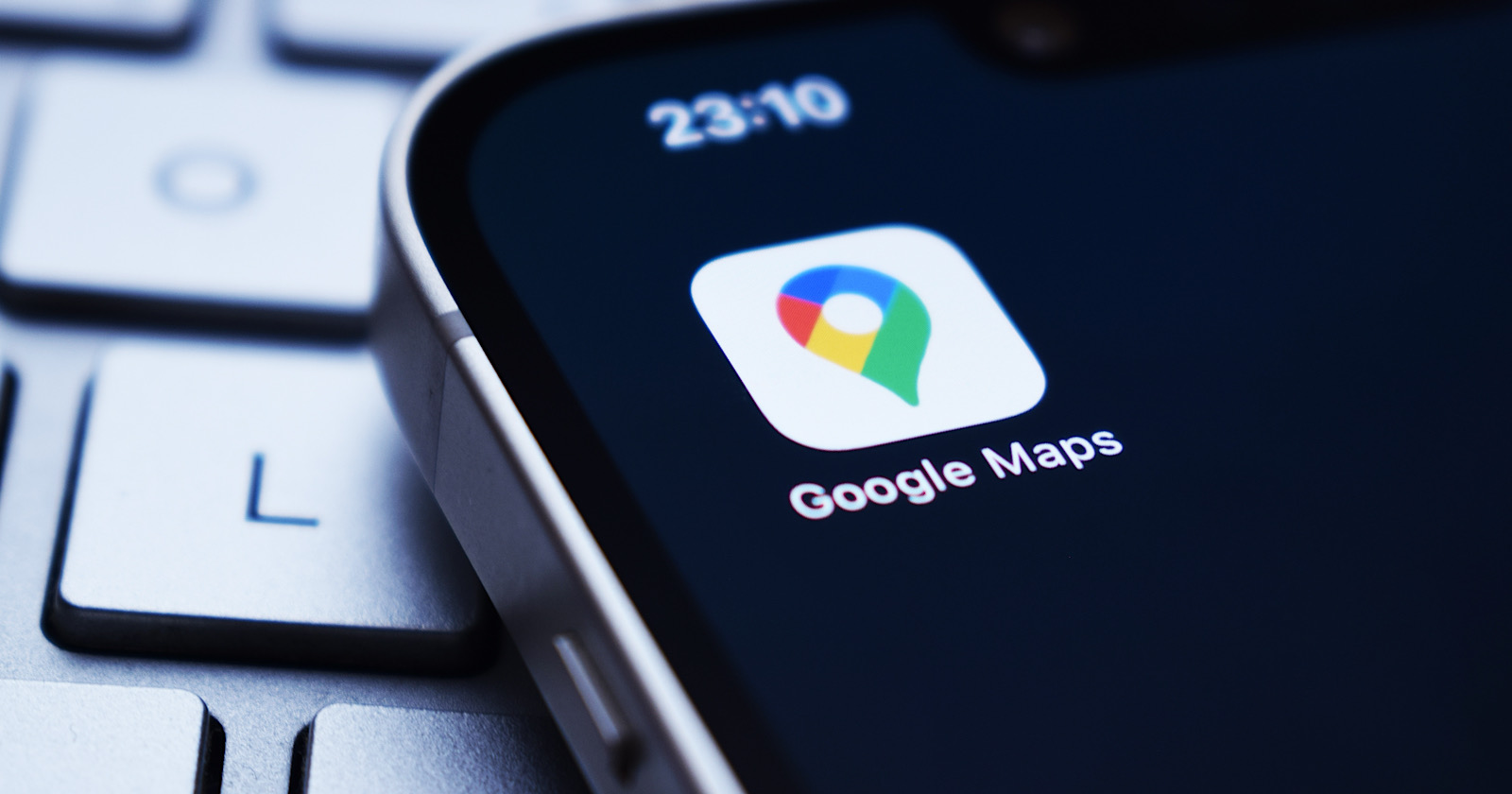Uber's CEO Advocates for Comprehensive AI Training Among Employees
In a recent interview held at his alma mater, Brown University, Dara Khosrowshahi, the CEO of Uber, emphasized the critical need for AI training among the company's workforce. Khosrowshahi pointed out a troubling gap within the organization, stating, "Not enough of my employees know how to use AI constructively." This remark sheds light on a broader issue that many organizations face as artificial intelligence technology rapidly evolves and becomes increasingly integral to business operations.
Khosrowshahi, who has been at the helm of Uber since 2017, expressed the belief that AI should not be viewed solely as a technical tool but rather as a resource that can be leveraged by everyone in the workforce. He highlighted Uber's profile as a highly technical company, boasting around 30,000 employees, and stressed that the effective use of AI is essential for driving better outcomes in their operations. "The active use of AI for better outcomes is what companies are after," he stated, advocating for educational institutions to also prioritize AI literacy among students.
As part of Uber's initiative, the company plans to roll out comprehensive training programs aimed at equipping employees with the necessary skills to harness AI technology. Khosrowshahi has indicated that proficiency in AI tools, including the ability to utilize AI agents for codingoften referred to as "vibe coding"will soon become a fundamental requirement within the company. He posited that understanding how to work with AI coding technologies will be "an absolute necessity at Uber within a year." This aligns with broader trends in the tech industry, where the concept of vibe coding has gained traction, especially since its mention by OpenAI co-founder Andrej Karpathy.
Interestingly, the rise of vibe coding reflects a significant shift in how tech companies perceive the value of software engineering expertise. Many in the industry have expressed concerns that over-reliance on AI could be short-sighted, but the rapid adoption of AI technologies is undeniably changing hiring and performance evaluation standards across the sector. For example, earlier this year, Mark Zuckerberg, CEO of Meta, suggested that AI could soon function as a midlevel engineering resource within the company.
In a similar vein, Shopify CEO Tobi Ltke recently circulated a memo among his employees stating, "AI usage is now a baseline expectation." He underscored that the integration of AI into everyday work processes would be a key factor in performance assessments. Ltke further noted that teams would need to justify their resource requests by demonstrating how AI could meet their needs effectively. This sentiment was echoed by LinkedIn co-founder Reid Hoffman, who championed Ltkes approach, calling on all leaders, regardless of their company's size, to incorporate AI into their operations and routinely assess their teams' AI learning progress.
Currently, top tech executives, including Nvidia's Jensen Huang and OpenAI's Sam Altman, have publicly affirmed that they utilize AI in their daily work routines, indicating a growing trend among the industry's leaders to adopt AI technologies as standard practice. Dara Khosrowshahi, who graduated from Brown University in 1991 and previously led Expedia before his current role at Uber, is positioning the company not just to keep pace with these changes but to lead in AI adoption within the tech landscape.























